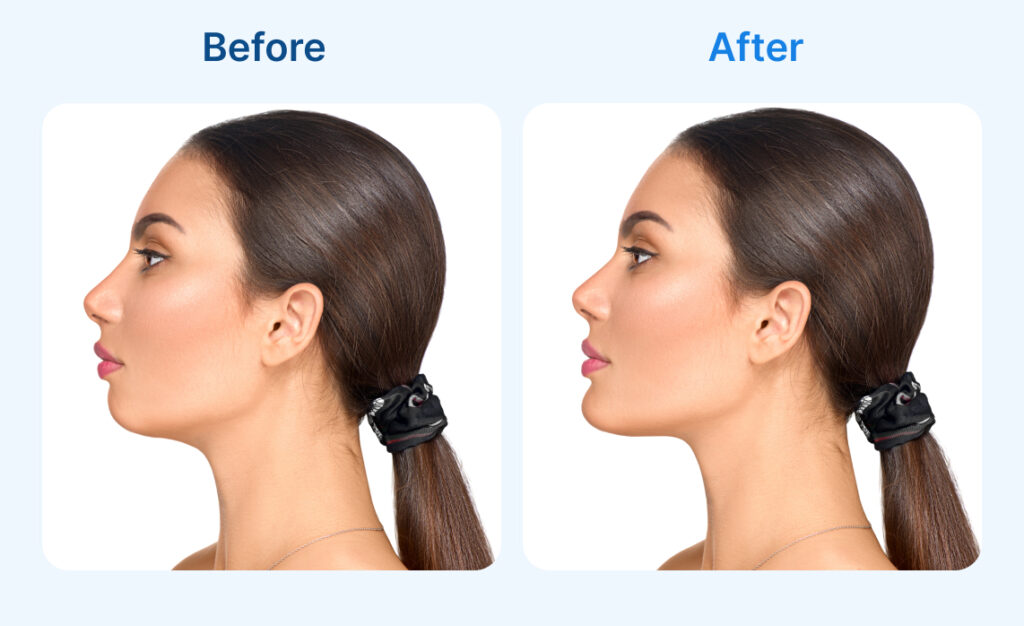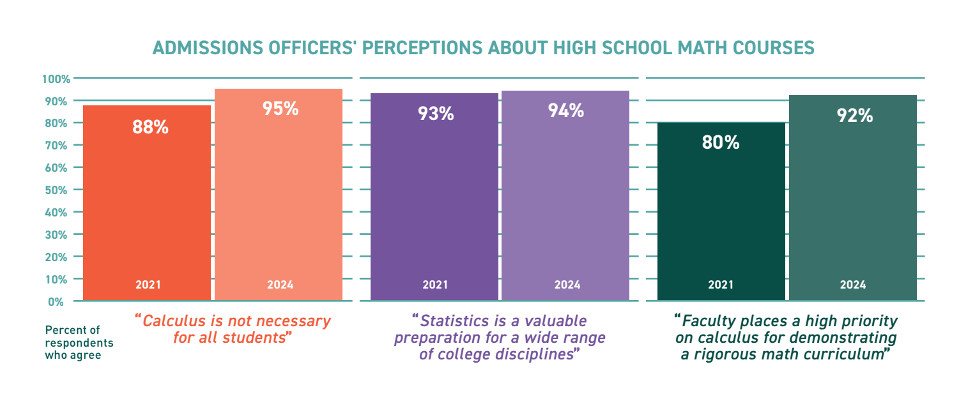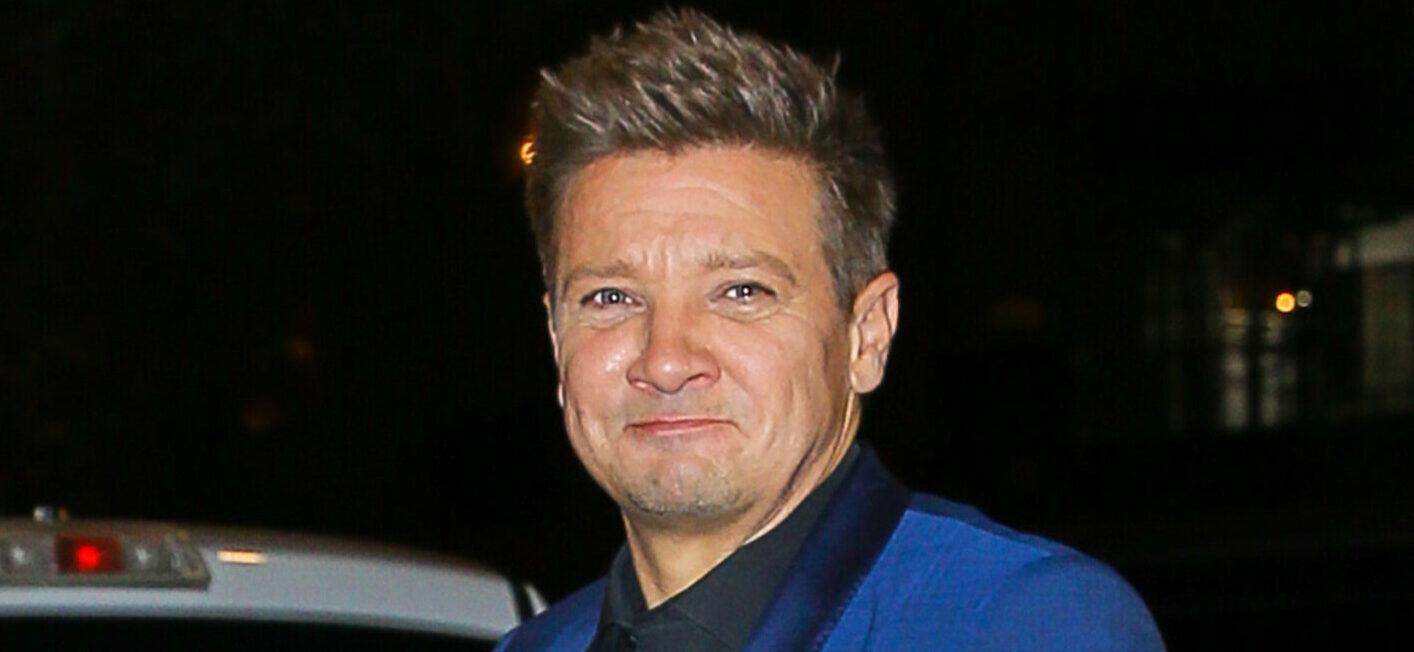One Step Rehab news feed The Dopamine Diet for Addiction Recovery appeared first on One Step Rehab Thailand.
The Effects of Dopamine on Addiction Recovery
The foods you eat influence one of the most important parts of your body, a part that controls feelings and the body as a whole – your brain. The food we eat can drastically impact how we think, feel, and even our behavior.
A large meal packed full of carbohydrates can leave you feeling tired. Processed foods that are high in refined sugar can cause a burst of energy followed by a ‘crash’. Fasting from food can change energy levels and mood, causing irritability and even depressive symptoms. When people say you are what you eat, it’s true!
Protein and Neurotransmitters
Neurotransmitters are the brain chemicals responsible for sending messages and information around the body. Different neurotransmitters are responsible for different effects. Some of them help you feel energized and happy, while others make you feel calm and more optimistic.
When you ingest proteins, they are broken down into their component amino acids during digestion. Those amino acids are used to produce neurotransmitters in neurons, which can impact how we think and feel. Tryptophan and tyrosine are the two main amino acids that respectively support the production of serotonin and dopamine.

Tyrosine and Dopamine for Addiction
Dopamine is known as the “pleasure molecule”. It is associated with the reward center in the brain.
Some natural activities can trigger dopamine release, including eating and having sex, which creates a “pleasurable” feeling. The brain registers the activity as a reward and something that should be done again because it was so enjoyable. It becomes reward-motivated behavior.
Drugs, sex, alcohol, gambling, and food all impact the reward system, with a greater impact. They can overstimulate the production of dopamine, flood the brain with dopamine, and create a natural high. The feeling of euphoria caused by this is something that can’t be replicated with activities that naturally release dopamine.
After the addictive substance is eliminated from the body, studies show that dopamine levels diminish during this withdrawal period. This can create a need to return to the behavior that caused the high, and this is what fuels drug addiction and reliance.
Tyrosine is an amino acid present in high protein foods, including; chicken, cheese, turkey, milk, soy products, nuts, and seed. Tyrosine is one of the precursors to the production of dopamine. Dopamine levels are diminished during recover, and they can be off-balance because of the ‘habit’ of obtaining a large amount of dopamine from an addictive substance.
Low dopamine levels can cause low moods, fatigue, and cravings for the addict’s drug of choice. Dopamine also contributes to alertness and concentration, both of which are beneficial for everyone in everything they do. Restoring a natural balance and dopamine production is one of the most important steps in recovering from addiction.
Incorporating high-protein foods into daily life is one way to stabilise dopamine production for recovering addicts.
Given that people with addiction problems generally have a compromised diet, it is beneficial to incorporate protein into all three meals and into three snacks to get the most of the potential effects. Eating meals rich in protein supports stabilized energy levels and helps to reduce cravings for addictive substances as it increase natural levels of dopamine.
Protein and Addiction Recovery
Abusing drugs and alcohol causes a range of effects with consequences for physical, mental, and social health. Addictive substances will hijack the neurotransmitters that control your thoughts and feelings. During the recovery process, restoring optimal production and balance of neurotransmitters helps to reduce the symptoms of addiction, including cravings for drugs.
While several factors can affect how one thinks, feels, and acts – there’s no doubt that nutrition plays an important role in the process. Eating a well-balanced diet of protein, fat, and carbohydrates helps to alleviate addiction symptoms and promote healthy recovery. When recovering from an addiction, balance and moderation are key. This applies to eating a balanced diet and getting the right nutrition.

The Dopamine Diet at One Step Rehab Thailand
Most addicts have low levels of dopamine in the brain. There are numerous reasons why this can happen, but the repeated, unnatural stimulation of dopamine production caused by substance abuse causes disruption in the brain and reduces our ability to produce dopamine in the normal way.
Extended periods of abusing substances like drugs or alcohol leads to ever decreasing levels of dopamine, thereby fueling the addict to pursue more and more stimulation and reward from drugs or alcohol consumption.
By elevating dopamine levels through the Dopamine Diet, you can reduce cravings and the risk of relapse. At our rehab center in Thailand, we offer a low glycemic, dopamine-boosting diet that is healthy and scientifically proven to increase the dopamine neurotransmitter while helping rid the body of the toxins which accumulated during drug or alcohol abuse.
One Step Rehab news feed The Dopamine Diet for Addiction Recovery appeared first on One Step Rehab Thailand.













